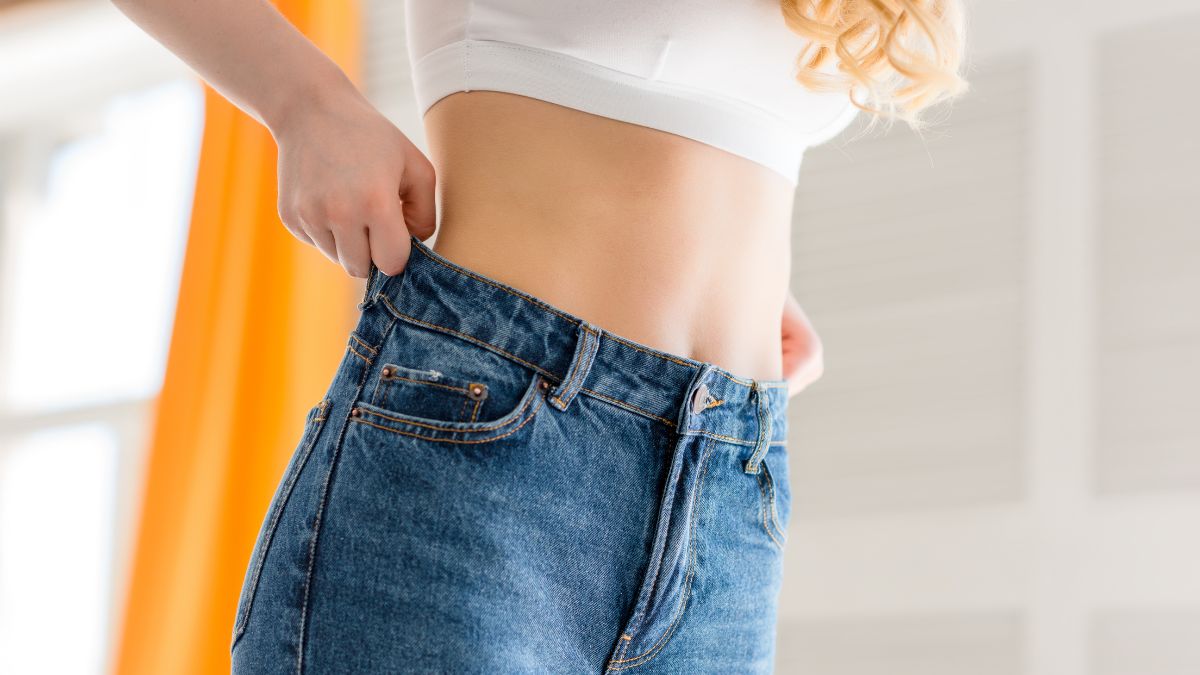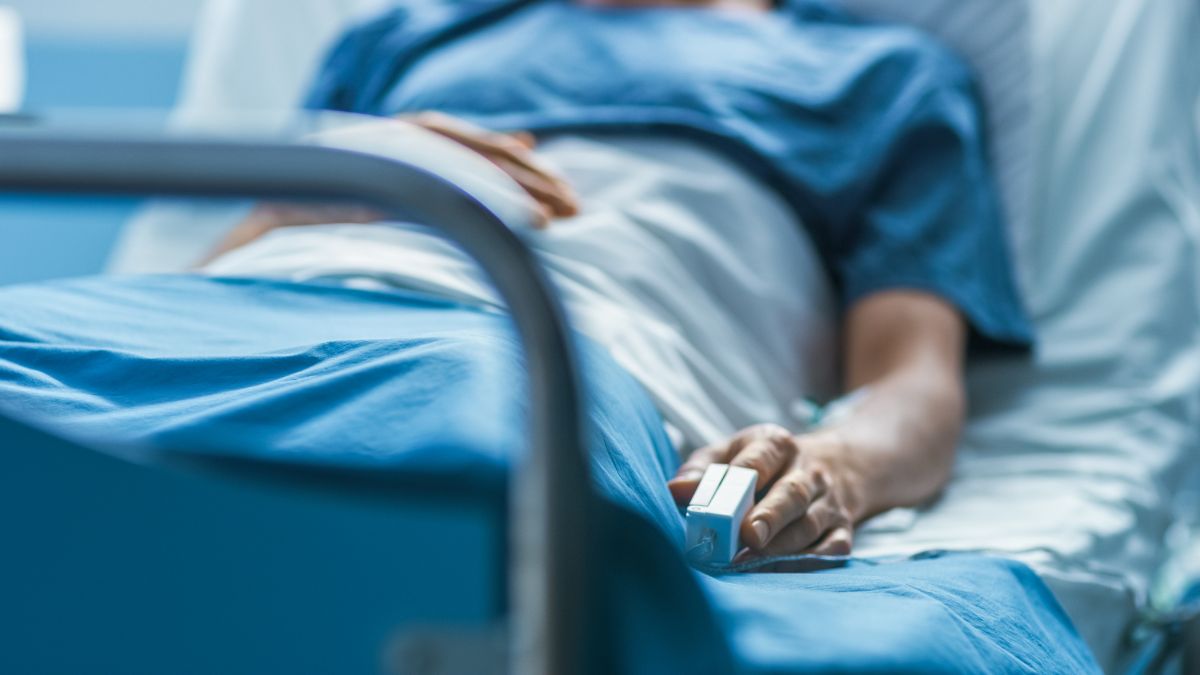Bariatric surgery procedures such as the gastric sleeve and the gastric bypass are procedures that can literally save a patient’s life. By correcting a patient’s weight problems through surgical intervention, a patient’s overall prognosis improves drastically.
There are some risks, however. One uncommon, but still notable, risk that bariatric surgery patients may deal with is dehydration. Dehydration after bariatric surgery is a serious issue that patients have to watch out for.
Luckily, there are things that patients can do about it. So what causes dehydration after bariatric surgery, and what can patients do about it?
What Causes Dehydration After Bariatric Surgery?
Bariatric surgery procedures have a malabsorptive component and a restrictive component. Because of how water is taken into the body, malabsorption typically does not affect hydration. However, the restrictive component of bariatric procedures has a lot to do with why some patients get dehydrated.
Patients fresh out of bariatric surgery have just had their stomach reduced to the volume of an egg. This smaller stomach is not able to take in as much food, and this affects fluids as well. Patients who are used to drinking a large volume of liquid in one sitting will find that they are no longer able to do so.
What’s worse is that patients fresh out of surgery may be dealing with abdominal pain and nausea, which not only prevents them from eating much but also prevents them from drinking.
Some patients may also be dealing with diarrhea or watery stools, especially those who have undergone procedures like biliopancreatic diversion or duodenal switch. This can accelerate dehydration.
Signs and Symptoms of Dehydration After Bariatric Surgery
Constant feeling of thirst
If you’re feeling constantly thirsty, or if your mouth is dry, you may be experiencing dehydration. This is one of the first symptoms patients will notice, and if you’re feeling thirsty, you should immediately drink a sip of water or two.
Darker urine.
This symptom is another very common symptom of dehydration. If you notice your urine is a much darker color than usual, then you should drink some water ASAP.
Lightheadedness.
This symptom is indicative of more severe dehydration. However, this could also be a symptom of low blood sugar, which is a common occurrence among patients who are on the low calorie post-op diet. In either case, sipping some water should not only make you feel better, but it’ll relieve some dehydration as well.
How To Drink Water & Avoid Dehydration After Bariatric Surgery
We recommend that bariatric surgery patients not try to drink a large volume of water at once, but instead sip water VERY frequently throughout the day.
If you’re not able to drink water or are uncomfortable with doing so due to feelings of nausea, you’re allowed to have calorie-free flavored water or low sodium broth. These can help relieve some nausea and allow you to drink more liquids throughout the day.
Avoid caffeinated beverages and alcoholic beverages, as they may have a diuretic effect. Not only that, we recommend patients avoid carbonated beverages as they can upset the stomach and cause feelings of bloatedness.









